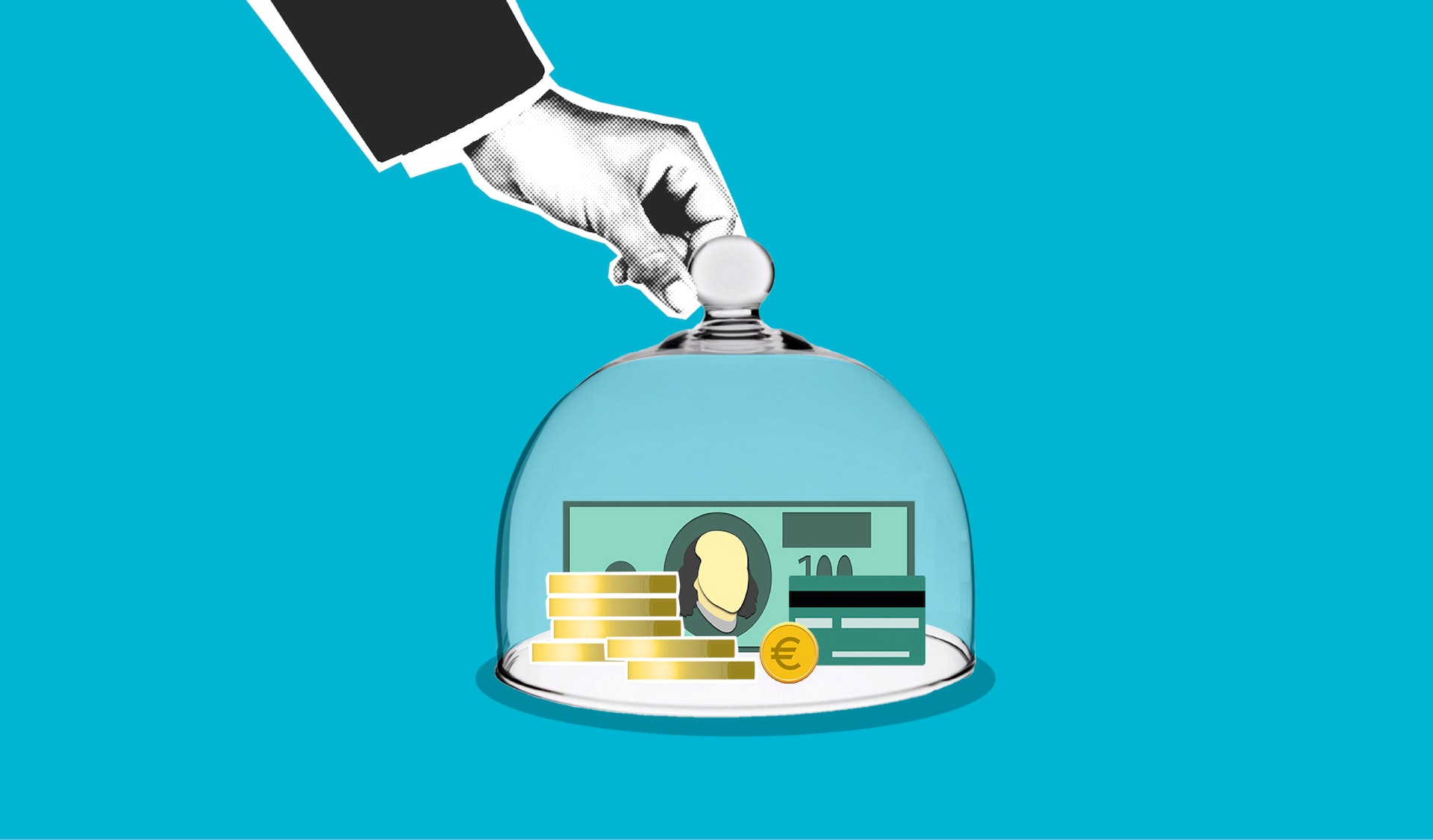1) Initial Capital Outlay
In short, how much lump sum savings do you have in the bank to purchase that dream car of yours? As of the date this article is written (Sep 2015), you can only borrow a maximum of 50% of car purchase value. So, if your dream car costs $500,000 and you do not have $250,000 to pay up in full, let’s just say you should throw this thought out the car window (punt very much intended)!
2) Loan Eligibility
Let’s just say you can clear the downpayment of your car, the next hurdle to jump across will be the monthly loan commitment. The loan interest of the car loan today is 2.88%. Multiply this by the car loan that you will taking up. The key question then is: will your car loan monthly instalment, together with your other regular loan repayments like credit card bill, renovation loan, housing loan etc exceed 60% of your monthly income? If so, you would have failed the Total Debt Servicing Ratio (TDSR) which means you cannot get the loan to buy that dream car anymore.
3) Depreciation of the Car
This is one of the most common calculation used by car sales persons to show you how it is more worthwhile to buy a used car in Singapore. And guess what? Most car buyers have no choice but to accept the calculation given by the car salesperson as it is nerve-wrecking to go through what is PARF value, OMV, CEVS and other crazy acronyms to arrive at the depreciation per year for a car. Fortunately, there are free online calculators like
www.myfinancialkit.com/buymycar where you can check this number. You can also find out what is the depreciation of the new or used car should you wish to sell off before year 10. With this number, then you can have more bargaining power when speaking to the car salesperson.
4) Car Condition
One of the biggest worry in buying a used car is to take over one that has a lot of glitches. To alleviate this issue, you can pay for a VIACOM or STA car test (costs $188 payable by car buyer) and tell the car salesperson that should there be any “Failed” test for any car parts, the car company is to repair and foot the bill. If not, the deal is off and you can take back your downpayment or option money. Make sure all these are stated in your car sales and purchase agreement. In buying a new car, these issues will not exist; moreover, you will also get a warranty for various car parts as well as free servicing up to a certain car mileage.
5) Ongoing Car Expenses
Seriously, from a financial planning point of view, a car is a depreciating asset, unlike a house where its value can grow. After buying a car, ongoing expenses like car petrol, servicing, parking, ERP charges etc will easily be more than $1000 per month in aggregate. One should have good reasons to own a car in Singapore eg you want to ferry your children and aged parents, and at the same time, you must have reasonably deep pockets; If not, public transport costing you $500 per month without having to fork out and depreciate that $50,000 upfront will be definitely a wiser financial choice.
Happy car-buying!
Er.. Can someone offer me free rides please after getting your new car? *wink*
Insure yourself, protect others.
Yours,

The author of this article, Mr Sean Ong is a Certified Life Coach, a Master Practitioner in Neuro-Linguistic Programming and a Chartered Financial Consultant who has been featured on the local TV and radio, having begun his career in the finance industry since year 2002. In his efforts to contribute to the society, Sean ran 1,000 km over 87 days to successfully raise more than $13,000 for a children charity in year 2012. He also published a book subsequently where sales proceeds were donated to charity. Sean completed his Masters of Science Degree in Technopreneurship & Innovation in year 2020 and was honoured in the Director’s List for academic excellence. He has keen interests in InsurTech projects and mental wellness initiatives for the youths. Above all, Sean counts knowing Jesus Christ as the most significant event of his life. He can be contacted at seanong@ippfa.com.
 BACK
BACK






